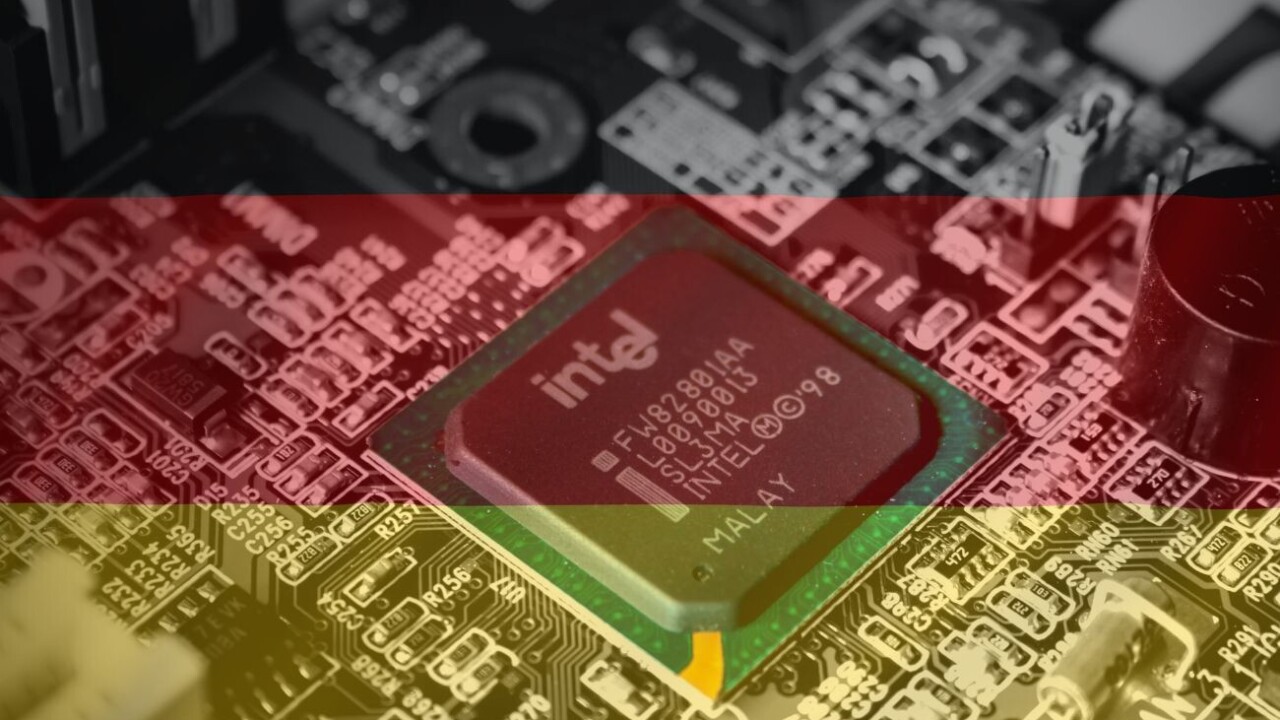
Germany’s finance minister says there is no money in the budget for higher subsidies for Intel’s planned semiconductor plant in eastern Germany, Financial Times reports.
Intel’s plan to construct a massive €17bn chip fabrication plant in Magdeburg, Germany, is a cornerstone of the EU’s plan to produce 20% of the world’s semiconductors by 2030.
However, the project has faced a number of cost overruns, leaving Intel and Germany at a stalemate over who will foot the bill for the plant, now expected to cost in the region of €20bn.
Intel said in March that it wants €4-5bn more in state subsidies, in addition to the €6.8bn already dished out.
But the authorities are unwilling to provide the American chip giant more money as there is “no more available in the budget,” Germany’s finance minister Christian Lindner told the FT on Sunday.
This is a departure from an earlier statement in April when German officials said they would “consider” boosting subsidies, but only if Intel is willing to spend more on infrastructure.
According to the FT, the debate over whether Intel should receive more subsidies or not has divided the cabinet.
Representatives from the left-wing Greens and Social Democrats support the call for increased subsidies, while Lindner, from the more conservative Free Democrats, said he would resist an increase in subsidies even if Intel were to increase the scope of the project.
This political uncertainty casts doubts over hopes of reaching a deal, in another potential blow to the project. Construction of the fab was postponed at the end of last year due to economic hurdles, which Intel attributed to high energy prices and inflation following Russia’s war on Ukraine.
While it may seem a simple matter of throwing a few billions more at the project, the chipmaker is facing serious cash flow problems. Late last year, Intel CEO Pat Gelsinger, said the company would cut as much as $10bn in annual spending by 2025.
Either way, resolving the funding dispute will be critical to the future of the project. Should it prove successful, it would be Europe’s largest semiconductor fab and help the bloc cut its dependence on foreign supplies of the chips — essential components in everything from cars to refrigerators.
Get the TNW newsletter
Get the most important tech news in your inbox each week.




